It is considered practically impossible to completely prevent oneself from the common cold because of various external factors such as the environment and the people around you. However, there are a few steps by which we can try to prevent ourselves and our families from getting infected by certain viruses seasonally or repeatedly.
Wash your hands regularly
This is one of the best and the safest way to prevent from common cold. It is important to wash your hands, especially when visiting public areas and touching commonly exposed items such as doorknobs staircase supports etc.
If you frequently wash your hands, it helps to destroy the viruses that you may have come in contact with due to proximity with an affected person. Whenever you go to a public place, you must remember to carry a hand sanitizer so that it helps to kill viruses and various other pathogens (germs), even if you may have come in contact with them. Also, it is strongly recommended to teach your children the importance of washing hands.
If you come in contact with an affected person or any affected surface in a public place, it is advisable to avoid touching the area around the nose, mouth, and eyes. By doing this you actually lower the chances of the virus on your hands entering your body.
The smoke from cigarettes along with the tar irritates the airway passage and increases the probability of catching the common cold and other lung diseases. You may be surprised but even inhaling the smoke (passively) may also affect you and your children and make them more prone to contracting common cold.
You are recommended to encourage your family members to use disposable utensils and toiletries when affected by the common cold. This will lower the chances of the entire family getting exposed to the virus causing the common cold
Dry your hands with paper towels in the kitchen and the bathroom:
Studies confirm that infections may stay on cloth towels for several days. Hence, it is highly advisable to maintain hygiene and keep washing the hand towels frequently. It goes without saying that alternatively there should be a separate towel for each member of the family, and a separate clean towel for guests.
Additionally, if you are infected, you are strongly recommended to properly dispose of any tissue paper you use in the toilet. If tissue paper is not disposed of properly after use, it may lead to the breeding of the virus.
Maintain a healthy lifestyle:
Researchers suggest that healthy nutritious food along with exercise can help prevent the common cold because it helps in boosting immunity. It is equally important to maintain a healthy lifestyle (proper sleep, healthy nutrition, exercise) so that your immune system can effectively fight infectious viruses.
Lower your stress levels:
Researchers suggest that there is a strong connection between stressful conditions and people with emotional imbalance having weaker immune systems. They easily fall prey to infectious viruses. Hence you are recommended to find ways to de-stress yourself and keep tensions and stress at bay.

 Doctors for Common Cold
Doctors for Common Cold  OTC Medicines for Common Cold
OTC Medicines for Common Cold
 Common Cold articles
Common Cold articles
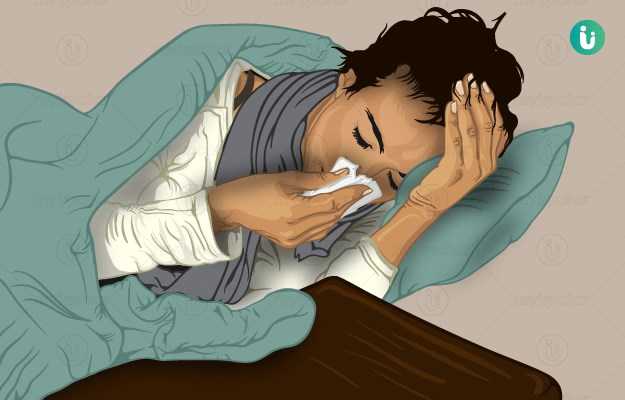
 Ayurvedic Treatment of Common Cold
Ayurvedic Treatment of Common Cold
 Home Remedies for Common Cold
Home Remedies for Common Cold
 Homeopathic Treatment of Common Cold
Homeopathic Treatment of Common Cold






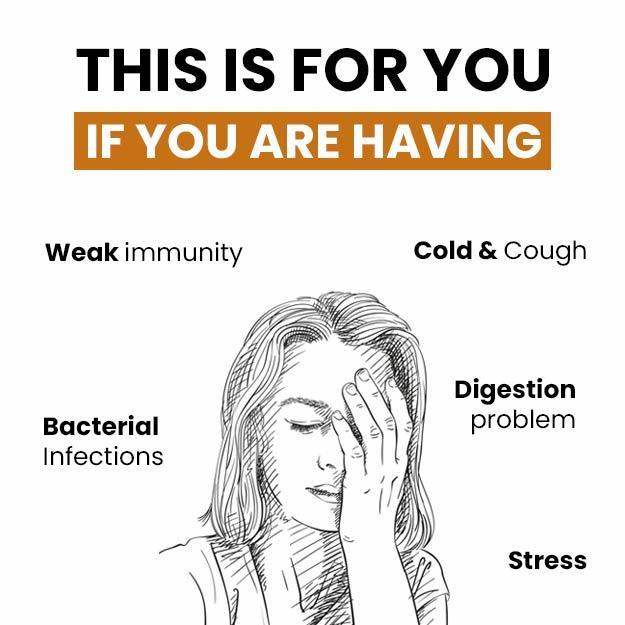






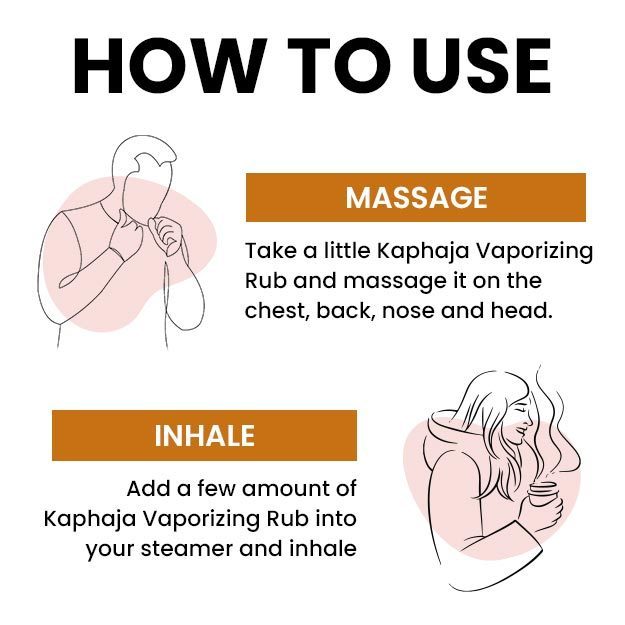




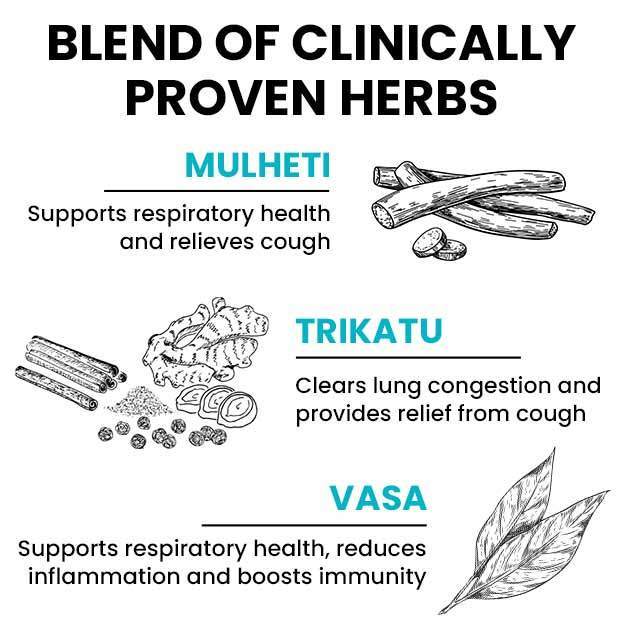
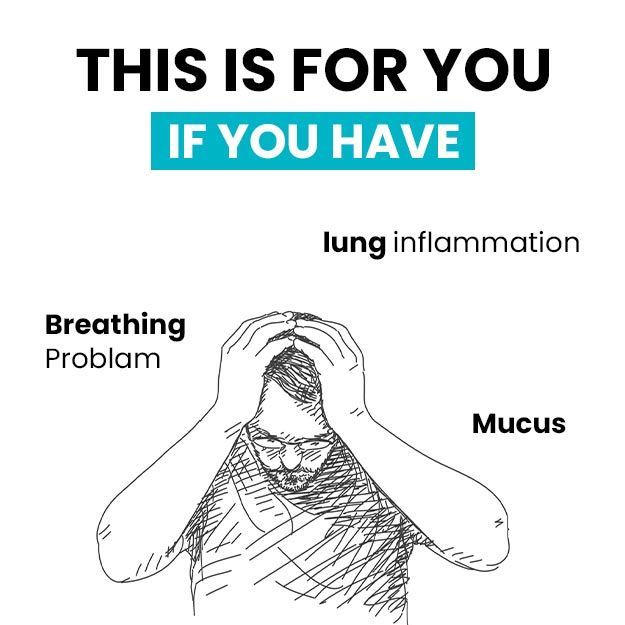
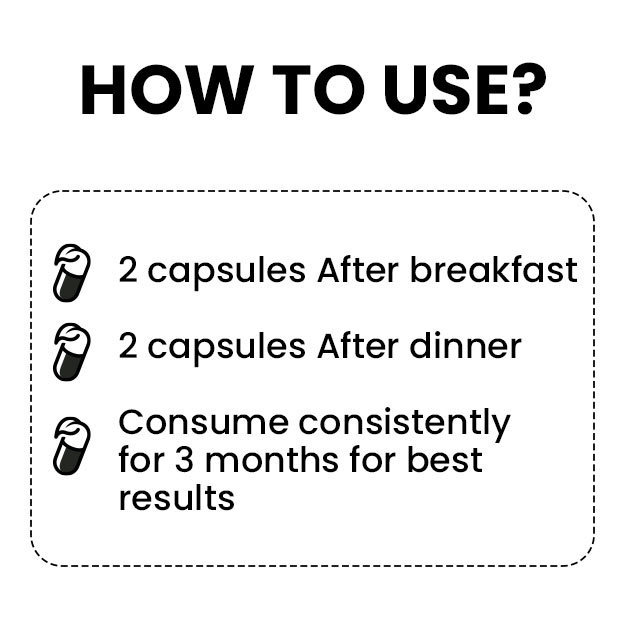







 Editorial Team
Editorial Team
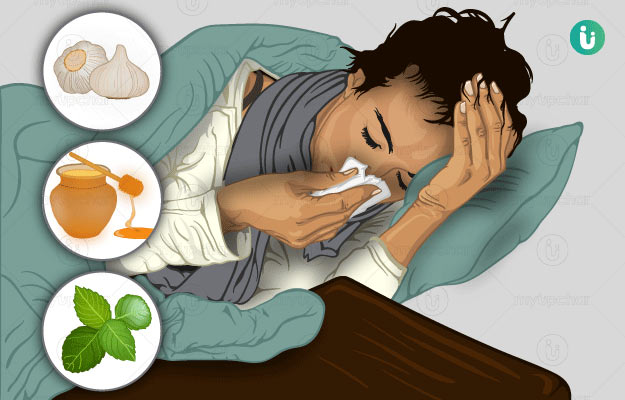
 Dr. Laxmidutta Shukla
Dr. Laxmidutta Shukla

 Dr. Nadheer K M (AIIMS)
Dr. Nadheer K M (AIIMS)
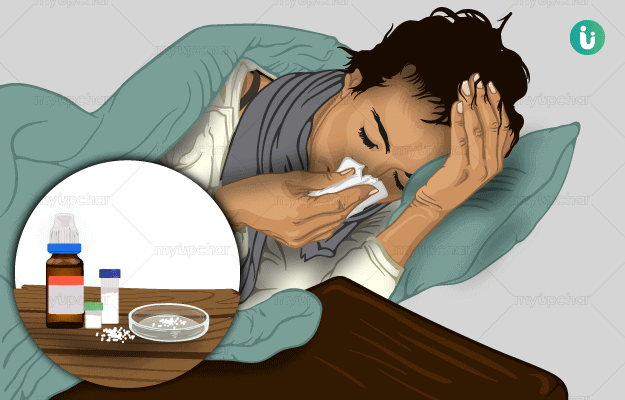
 Dr. Rachita Narsaria
Dr. Rachita Narsaria












